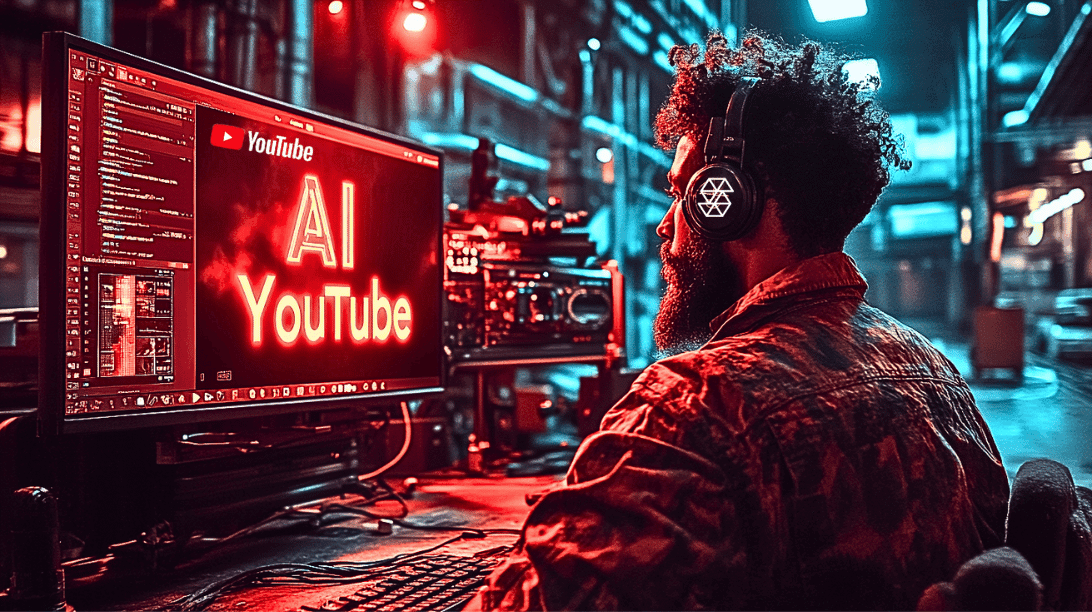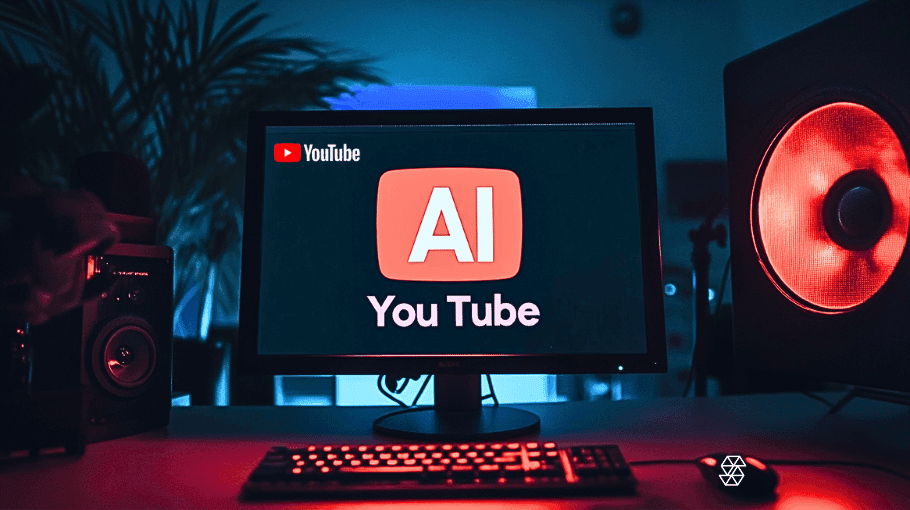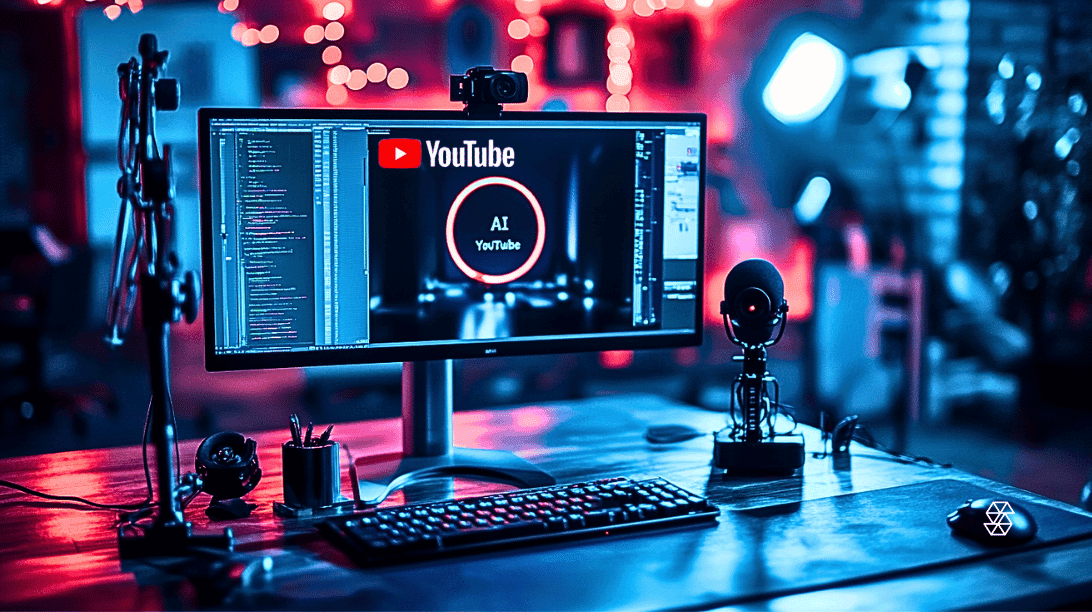How AI Will Replace Movie Extras and Hollywood Actors
The film and entertainment industry, particularly in Hollywood, is undergoing a significant transformation. With the advancement of AI in Hollywood, there’s growing evidence to suggest that background actors might soon be replaced by digital replicas. These actors, essential for creating realistic environments in movies, could see their roles being taken over by artificial intelligence.
This shift, driven by technological innovation, brings with it a set of ethical concerns and potential job displacements. As we navigate this topic, we’ll examine the current state of AI’s capabilities, its implications for the industry, and the broader context of the ongoing Hollywood strikes.
The Inevitability of Digital Replicas
The Hollywood strikes have brought to light many concerns, but one that stands out is the increasing reliance on AI in Hollywood. As technology continues to advance, the film industry is finding innovative ways to cut costs and improve efficiency. One such method is the use of digital replicas for background actors.
Recent films have showcased the potential of AI-generated characters, seamlessly blending them into scenes without the audience realizing they’re not real. For instance, inside sources close to striking actors indicate that studios have already employed technology to incorporate digital avatars of background actors in forthcoming films like “Captain America: Brave New World” and Netflix’s “The Residence.”

Moreover, according to The Verge, there’s a growing concern among unions like SAG-AFTRA about the rights of actors when their likenesses are used to create these digital doubles. The technology has reached a point where it’s not just about replicating an actor’s face but their entire performance. This raises questions about compensation, job security, and the ethical implications of using someone’s likeness without ongoing remuneration.
As AI tools become more sophisticated, the line between real and digital actors is blurring. While this offers exciting possibilities for the film industry, it also presents challenges that need to be addressed, especially concerning the rights and roles of background actors.
Behind the Scenes With AI
The AI in Hollywood movement is not just about flashy visual effects or futuristic storylines; it’s fundamentally changing the way movies are made. At the heart of this transformation is the capability of AI to generate hyper-realistic human replicas, a feat once thought to be the exclusive domain of high-budget CGI.
So, how does it work? Advanced AI tools utilize vast datasets of human movements, facial expressions, and even clothing dynamics. By analyzing thousands of hours of footage, these systems can generate a digital human that moves, reacts, and even emotes just like a real person. The nuances of a background actor – from the way they might casually sip a coffee to their distracted gaze at a passing parade – can be replicated with astonishing accuracy.

For Hollywood studios, the allure is clear. Using AI-generated extras can drastically reduce costs. There’s no need for casting calls, no on-set catering for hundreds, and no logistical nightmares of coordinating large groups of people. Additionally, reshoots become simpler. Need a scene set in summer to suddenly be in winter? No need to reconvene; just adjust the digital extras accordingly.
Moreover, the efficiency gains are undeniable. Scenes that once took days to set up and shoot due to the complexities of managing large crowds can now be completed in a fraction of the time. This not only speeds up the film-making process but also allows for greater creative flexibility. Directors can experiment with different crowd reactions or background activities without the constraints of traditional filming.
Ethical Dilemmas in a Digital Age
As AI continues its march into Hollywood studios, it brings with it a host of ethical concerns for the writers guild, actors, and others involved in the industry. The Hollywood strikes have already highlighted the tensions between technology and talent. While AI-generated extras offer efficiency and cost savings, there’s a growing debate about the morality of sidelining human roles in favor of digital replicas.

One of the primary concerns is authenticity. Films have always been a reflection of human experiences, emotions, and stories. By replacing human extras with AI, do we risk losing that genuine human touch that adds depth and realism to a scene? There’s also the question of consent. Actors are already coming out and saying studios are asking for their digital doubles, and this will only increase as AI gets better.
The Looming Job Crisis: Background Actors at Risk
The potential of AI to replace background actors isn’t just a matter of technology; it’s a looming economic crisis. Background actors, though often overlooked, play a crucial role in the film industry. They not only add realism to scenes but also represent a significant portion of the industry’s workforce.
With AI poised to take over these roles, thousands of jobs are at risk. This isn’t just about the actors themselves but extends to the broader ecosystem – agents, casting directors, and even on-set support staff. The economic implications are vast. Reduced opportunities for background actors could lead to decreased union memberships, less income for agencies, and a ripple effect throughout the Hollywood economy.

Furthermore, the shift towards AI-generated extras could exacerbate income inequalities in the industry. While top-tier actors and key personnel might see increased paychecks due to cost savings, those at the bottom – the background actors – could face unemployment.
The Future Landscape: AI Extras as the New Norm
The film sets of tomorrow may look vastly different from what we’re accustomed to today. Picture this: a bustling urban scene in a movie, where the streets are filled with people going about their day. But instead of a horde of background actors, these are AI-generated extras, seamlessly blending in with the lead actors, each AI extra with its unique appearance and behavior.
The capabilities of AI in Hollywood extend beyond mere replication. With the advancements in AI technology, there’s potential to craft background scenes that are not just realistic but also dynamic and adaptable. For instance, directors could adjust the mood of a crowd in real-time, have extras perform complex synchronized actions, or even create historically accurate crowds for period pieces.
Moreover, AI could introduce innovative enhancements to the background. Imagine a sci-fi movie where the background extras are not just humans but a mix of aliens, each designed with intricate details, moving and interacting in ways that would be challenging for human actors to replicate.
While the traditional charm of human extras will always hold a special place in cinema, the future seems to be pointing towards a new norm. A norm where AI extras not only coexist with human actors but also elevate the cinematic experience in ways previously unimagined.






